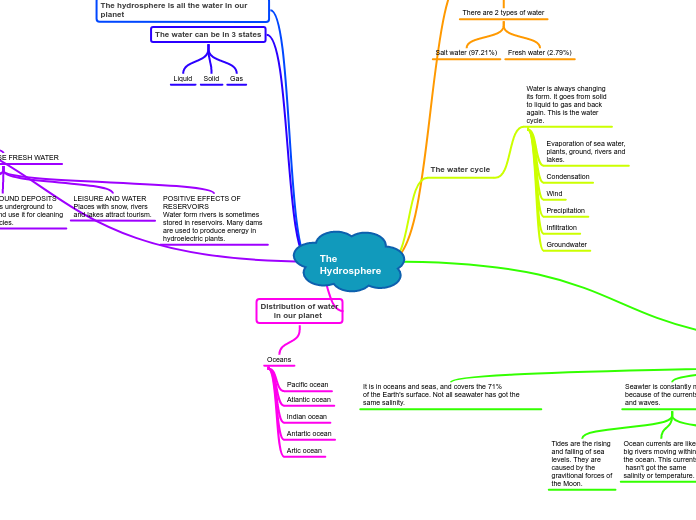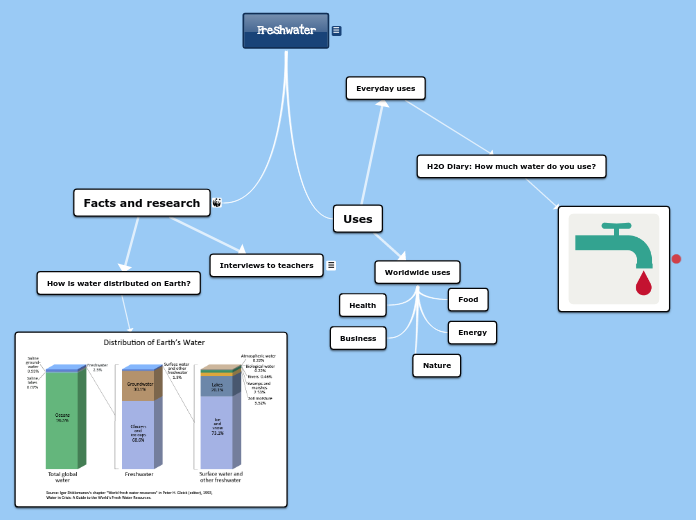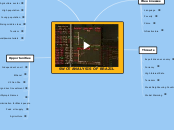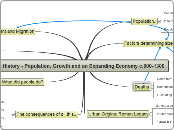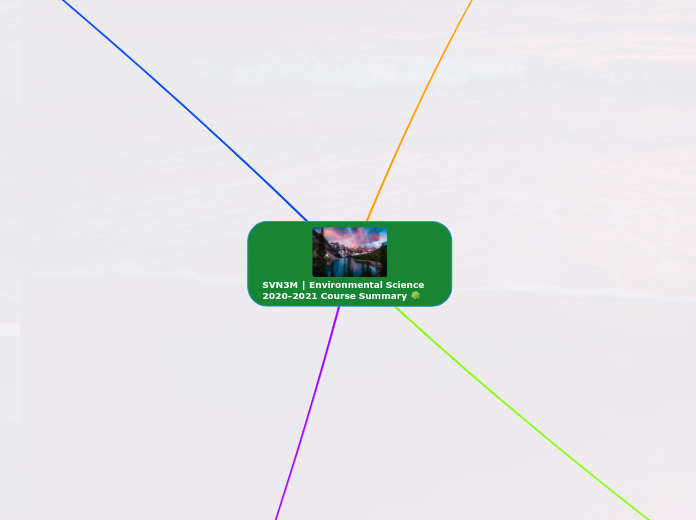by Aitana Bonafont Garrido 4 years ago
1272
The Hydrosphere
The hydrosphere encompasses all the water on Earth, including both fresh and saltwater. Water perpetually transitions between solid, liquid, and gas forms through the water cycle, which includes processes like precipitation, evaporation, and condensation.
